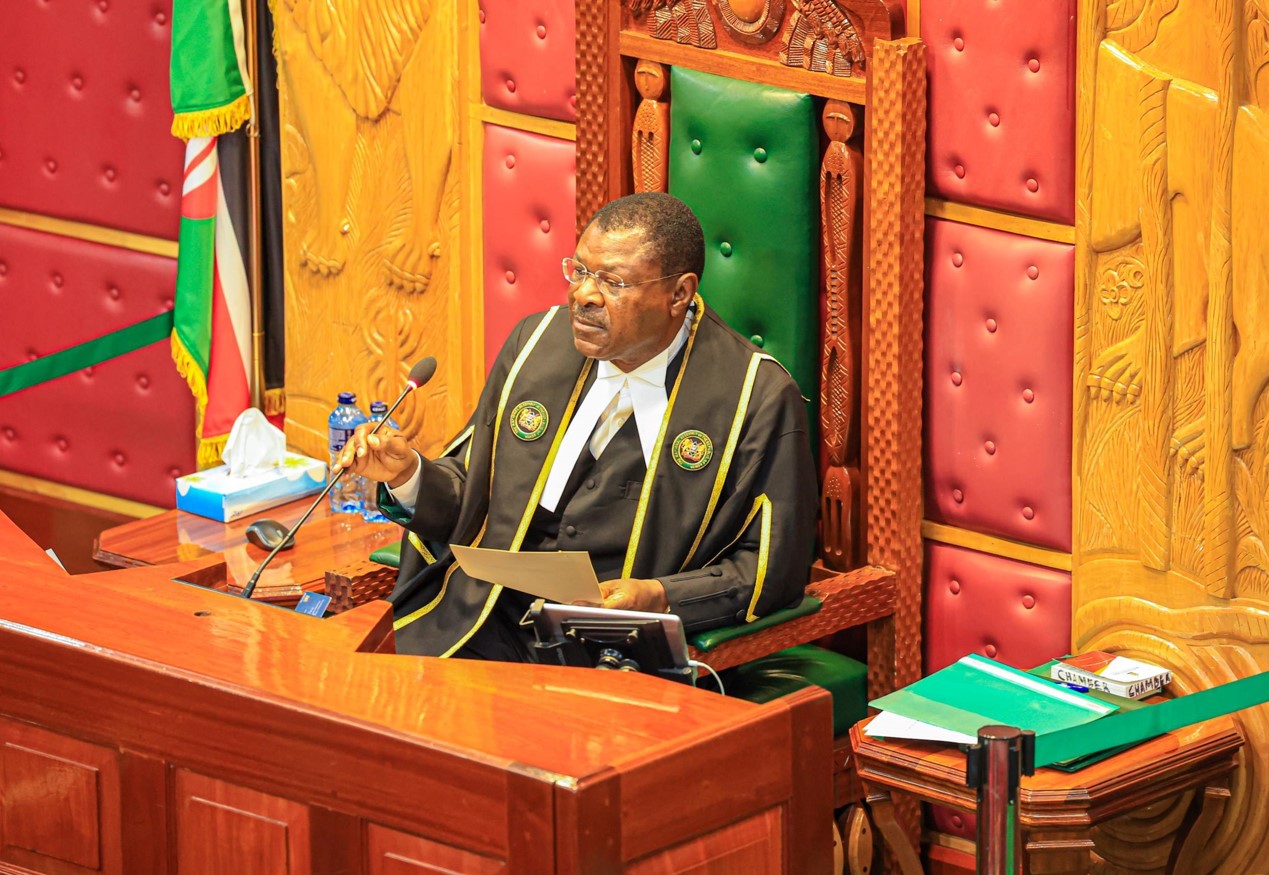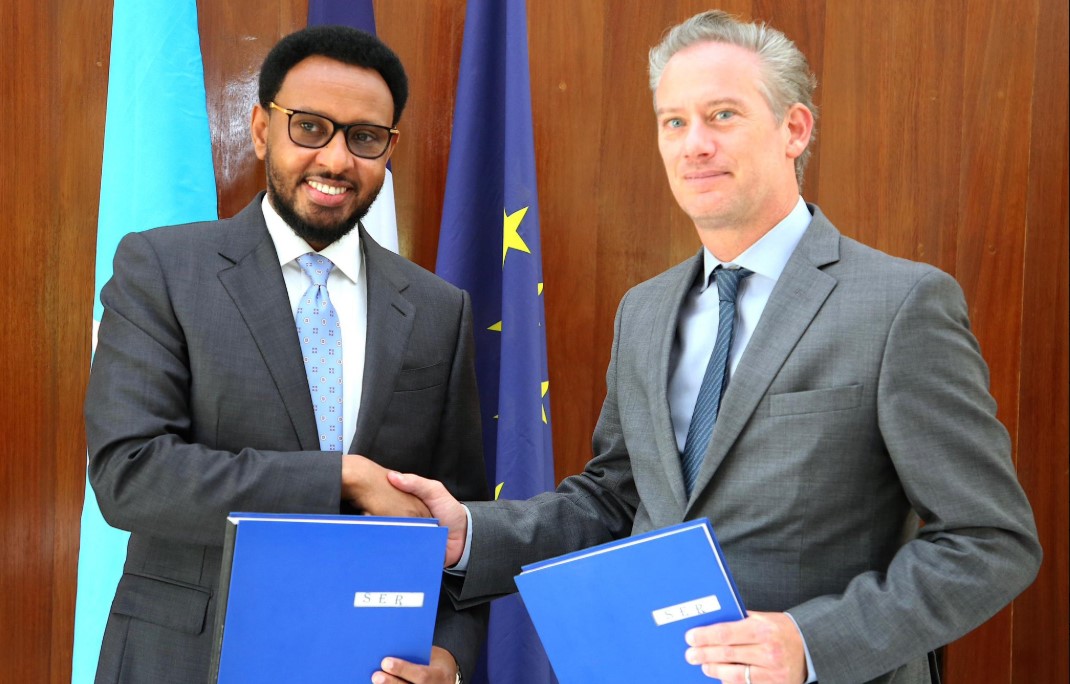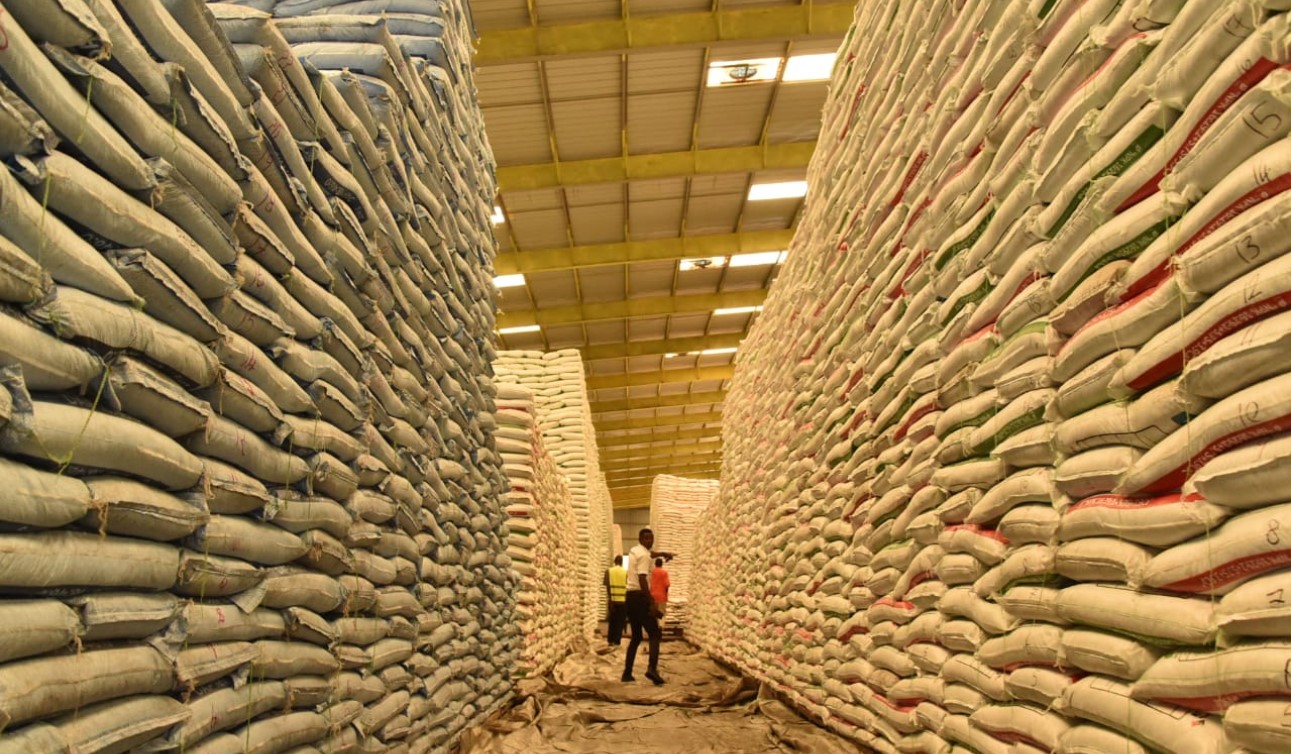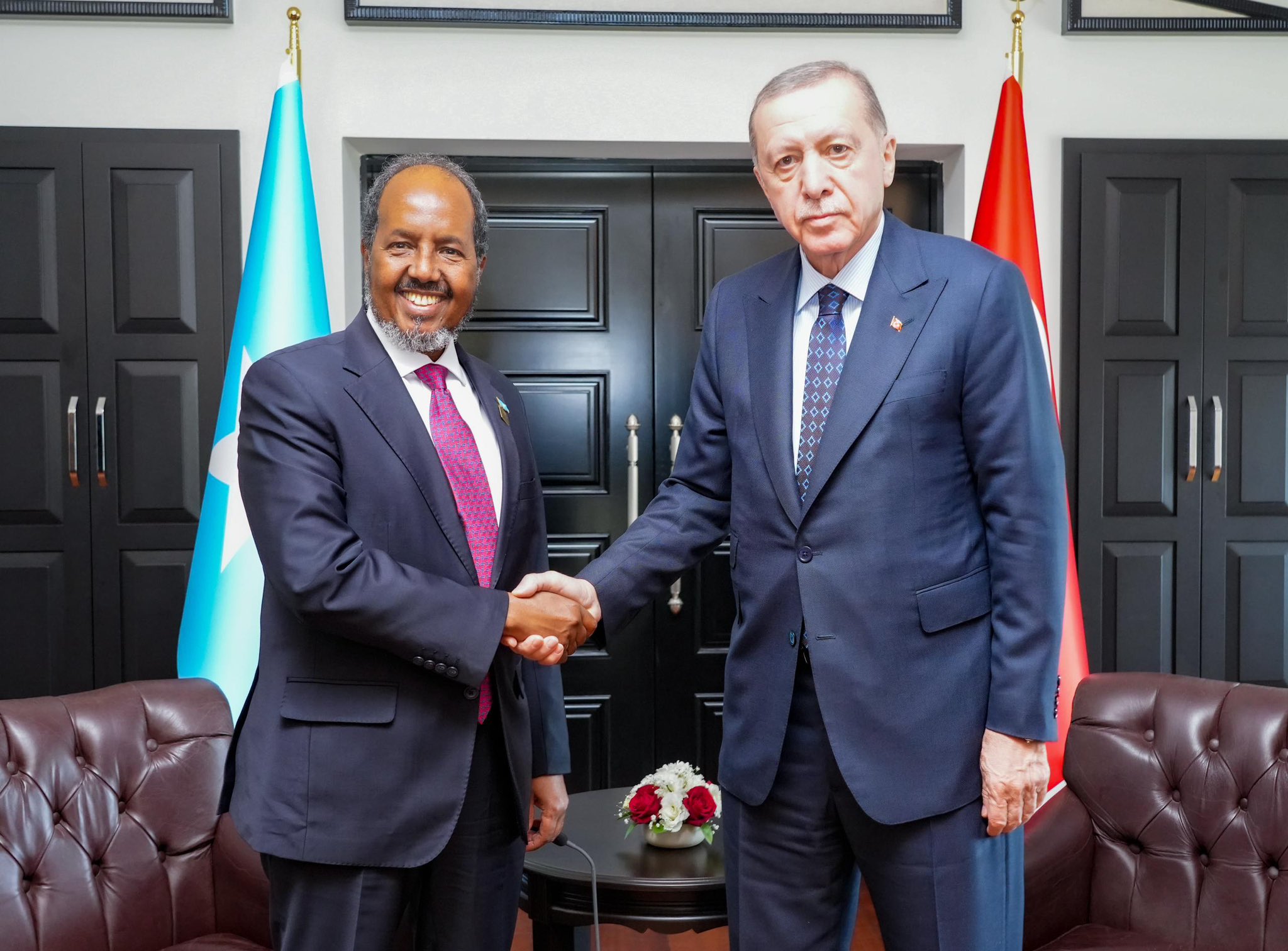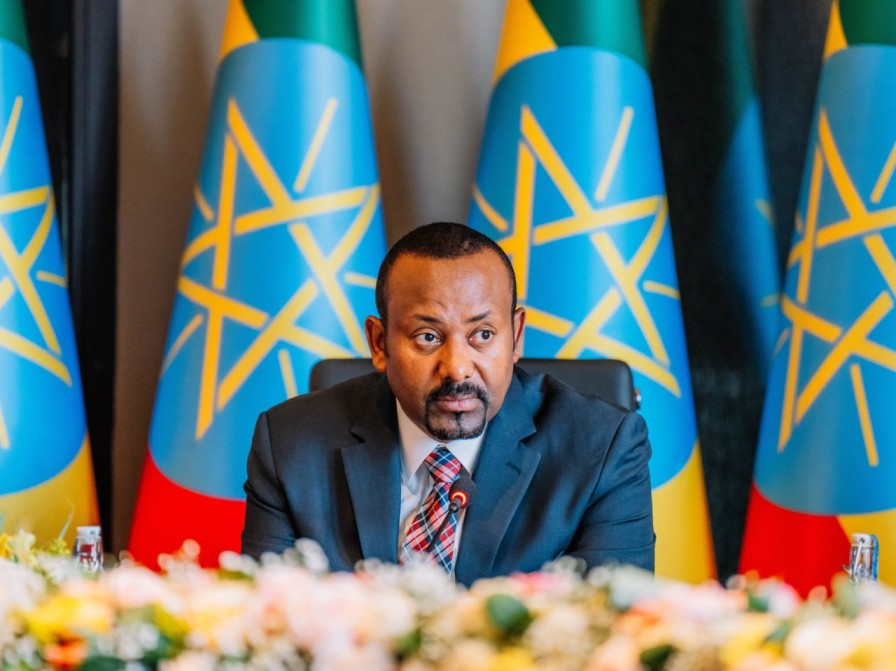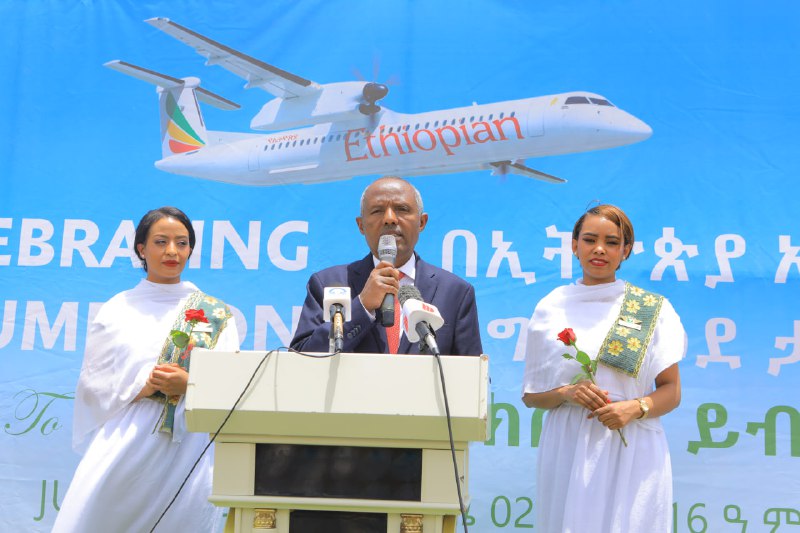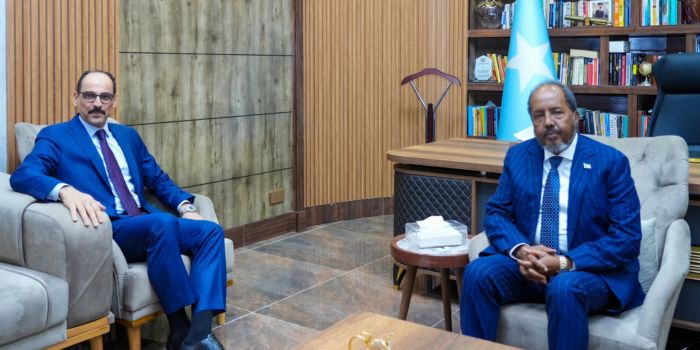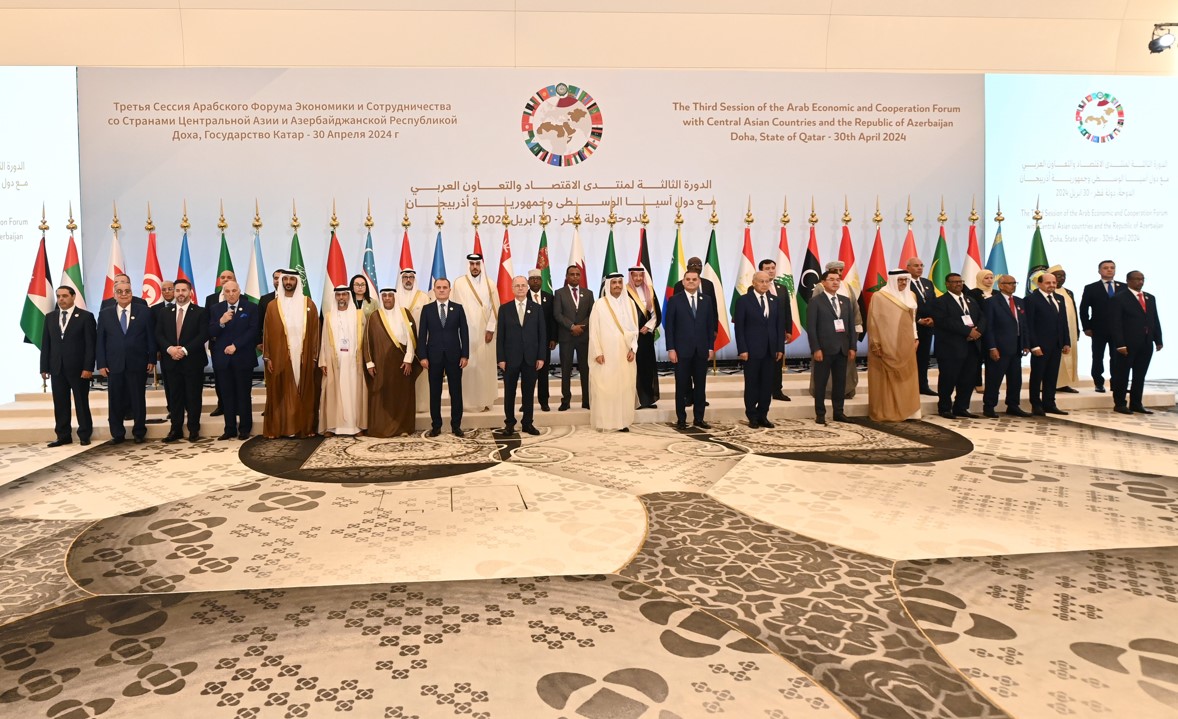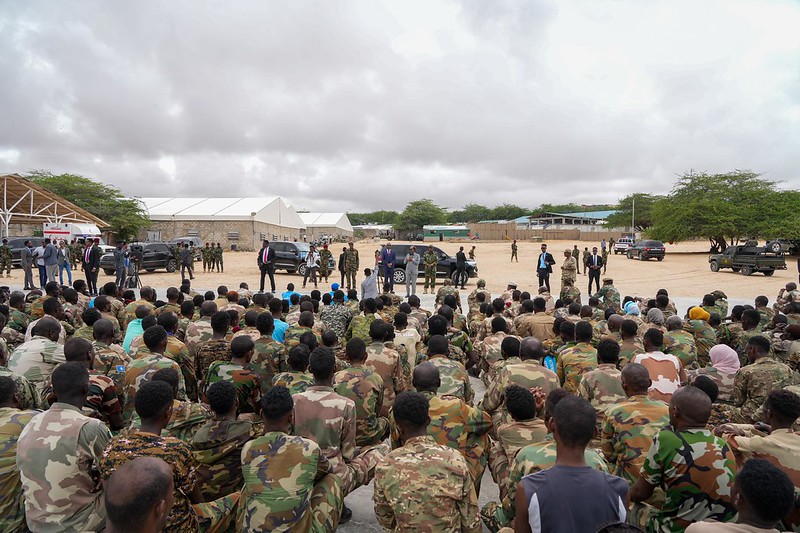What Somalia-Turkey maritime deal means amid Horn of Africa tensions
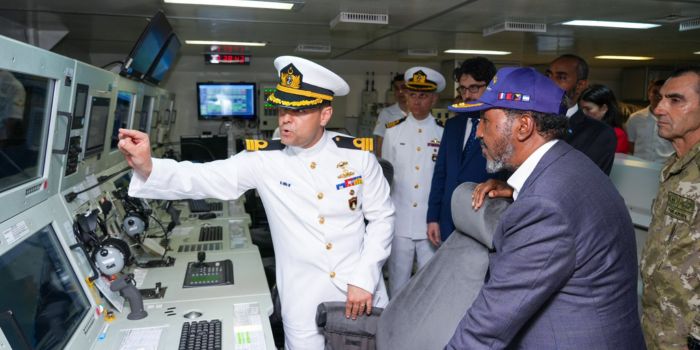
By Yassin Juma |
Turkey has become Somalia’s most important partner since 2011, providing humanitarian and development aid and military training.
As tensions persist between Somalia and Ethiopia, following the latter's January 1, 2024, sea access deal with Somaliland, there has been a new development in Mogadishu’s quest to defend her territorial integrity and sovereignty.
Turkish naval warship, TCG Kinaliada Corvette, dropped anchor at the Port of Mogadishu last Tuesday, ushering in the beginning of a 10-year defence and economic agreement between Turkey and Somalia that was reached in February.
Keep reading
Somali President Hassan Sheikh Mohamud presided over a colourful reception, praising Turkey as “a country Somalia can trust“ to protect its 3333 km coastline.
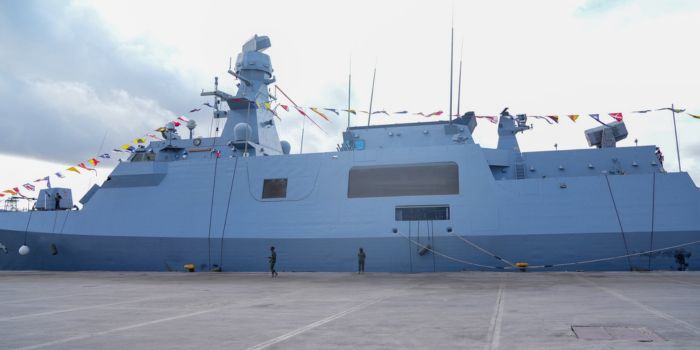 Turkish naval warship, TCG Kinaliada, docks at the Mogadishu port in Somalia on April 23, 2024, Turkey's National Sovereignty and Children's Day. (Photo: Villa Somalia)
Turkish naval warship, TCG Kinaliada, docks at the Mogadishu port in Somalia on April 23, 2024, Turkey's National Sovereignty and Children's Day. (Photo: Villa Somalia)
Does the arrival of the TCG Kinaliada in an already tense Horn of Africa present the risk that Turkey could get drawn into the tension between Ethiopia and Somalia?
"It is unlikely that the maritime pact will affect relations between Ankara and Addis Ababa. It should be clear that this is not a military pact but an assistance to Somalia by the heads of the Turkish military," regional affairs analyst Sebit Jemal told The Eastleigh Voice.
"Turkey maintains a good relationship with both Ethiopia and Somalia. In the Tigray war, Turkey was pivotal in reversing the gains made by the TPLF by providing the Bayraktar TB2 armed UAVs to Ethiopia to end the TPLF advance towards the capital, Addis Ababa. It is doing the same in Somalia by providing training and ground assistance to the Somalia army in its war against Al-Shabaab,” added Sebit.
Ethiopia, in appreciation of Turkey's role in the Tigray war, awarded the country’s highest national award, the Medal of Honour, to the chief executive office of the Turkish drone manufacturer, Haluk Bayraktar.
"It should be noted that since 2013, Turkey has assumed a facilitating role in the talks between the Federal government of Somalia and the Somaliland administration, and is neutral in the Somalia-Somaliland dispute. Turkey would want to be seen as a neutral country in the region,” said Nairobi-based regional analyst Washington Bayuka.
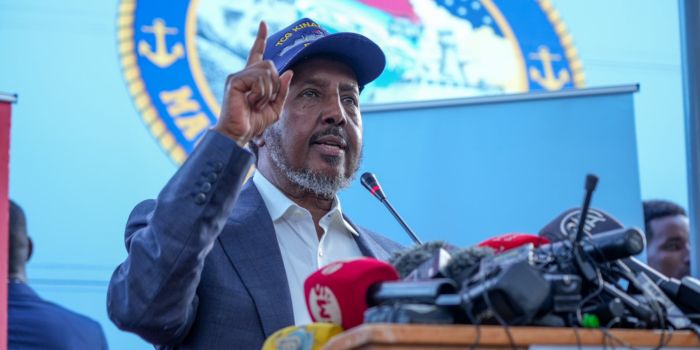 Somali President Hassan Sheikh Mohamud presides over a welcoming ceremony for Turkish naval warship, TCG Kinaliada, which docked at the Mogadishu port in Somalia on April 23, 2024, Turkey's National Sovereignty and Children's Day. (Photo: Villa Somalia)
Somali President Hassan Sheikh Mohamud presides over a welcoming ceremony for Turkish naval warship, TCG Kinaliada, which docked at the Mogadishu port in Somalia on April 23, 2024, Turkey's National Sovereignty and Children's Day. (Photo: Villa Somalia)
Turkey has become Somalia’s most important partner since 2011, providing humanitarian and development aid and military training.
“The deal is a win-win for both Somalia and Turkey. We have seen the return of piracy off the Somali coast this year. Illegal fishing and terrorism continue to affect Somalia. The Somali Navy, which has been almost nonexistent since the civil war, will gain from Turkish Navy training as per the agreement,” Bayuka said.
Some regional experts think that what Turkey will gain from the agreement is worth the risk of denting its relationship with Ethiopia.
What does Ankara stand to gain from this maritime security deal with Somalia?
"Somalia is in a strategic position in the Gulf of Aden. Similar to Djibouti, which has attracted eleven foreign bases. Turkey wants to establish its influence in this part of the world. The world is experiencing a race over military influence in the Red Sea and Gulf of Aden regions. Turkey is also in this race and the agreement with Somalia will boost its influence in the region and put it ahead in the race,” Sebit said.
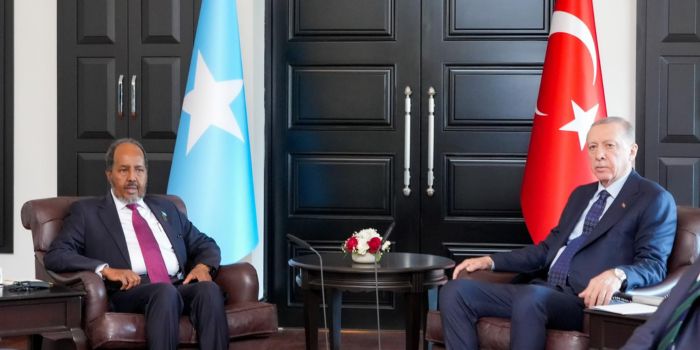 Presidents Hassan Sheikh Mohamud (Somalia) and Recep Tayyip Erdogan (Turkey) during their meeting in Antalya amid the Antalya Diplomacy Forum, on March 2, 2024. (Photo: Villa Somalia)
Presidents Hassan Sheikh Mohamud (Somalia) and Recep Tayyip Erdogan (Turkey) during their meeting in Antalya amid the Antalya Diplomacy Forum, on March 2, 2024. (Photo: Villa Somalia)
Indeed, a race has been underway among Turkey, Saudi Arabia and the United Arab Emirates (UAE) to build naval and military bases right across the Horn of Africa. Saudi Arabia is currently building a military base in Djibouti, while its ally, the UAE, built a naval base at Assab in Eritrea in addition to a military training centre in Mogadishu.
Turkey stands to gain more than that. According to the maritime deal, in exchange for securing the Somalia coastline, Turkey will start deep sea oil drilling and gas exploration in 2025 off the coast of Barawa and Hobbio districts.
Somalia has a potential oil and natural gas equivalent to 30 million barrels in Puntland, Galmudug, South West and Jubaland. Turkey’s demand for oil has considerably increased since 2010 and is forecast to slowly increase until 2040.
The Eastleigh Voice has learned from sources close to the Somalia Defence Ministry that the agreement signed on February 8, 2024, also gives Turkey access to Somalia's airspace for military use. Turkey will have the right to establish new ports and naval bases in Somalia.
Much of the Somali public celebrated the maritime security deal, relating it to Ethiopia's deal to acquire a 20-kilometre coastline and establish its Gulf of Aden naval base in breakaway Somaliland.
"The arrival of the Turkish warship is likely to boost President Hassan's public image and earn him trust and admiration from the Somali people in the wake of Ethiopia's interference and the fallout in local politics over the controversial constitution review that saw Puntland severe ties with the federal state," Abukar Mohamed, a Mogadishu-based political analyst, told The Eastleigh Voice.
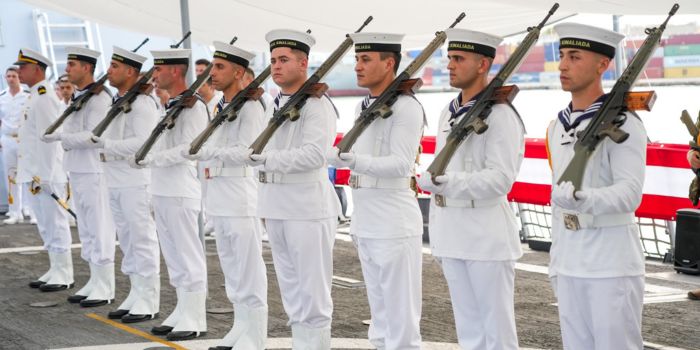 Members of the Turkish Naval Forces are pictured during a welcoming ceremony for Turkish naval warship, TCG Kinaliada, which docked at the Mogadishu port in Somalia on April 23, 2024. (Photo: Villa Somalia)
Members of the Turkish Naval Forces are pictured during a welcoming ceremony for Turkish naval warship, TCG Kinaliada, which docked at the Mogadishu port in Somalia on April 23, 2024. (Photo: Villa Somalia)
This week saw a fallout when a planned National Consultative Council (NCC) set for April 20 in Mogadishu failed to take place after some of the regional state leaders declined Villa Somalia's invite.
In a statement, Villa Somalia said the meeting, which was to bring together regional state leaders, including Puntland President Said Abdullahi Deni, to discuss constitutional amendments and other matters, was postponed due to “technical reasons.”
The semi-autonomous northeastern region of Puntland boycotted the meeting, criticising the amendments as concentrating power in the hands of the executive.
In yet another effort to persuade the regional state leaders into a dialogue, the Somali leader, late on Wednesday, urged them “not to politicise matters of national importance, including the unity, independence, sovereignty, national security and safety of the citizens.”
Reader comments
Follow Us and Stay Connected!
We'd love for you to join our community and stay updated with our latest stories and updates. Follow us on our social media channels and be part of the conversation!
Let's stay connected and keep the dialogue going!


